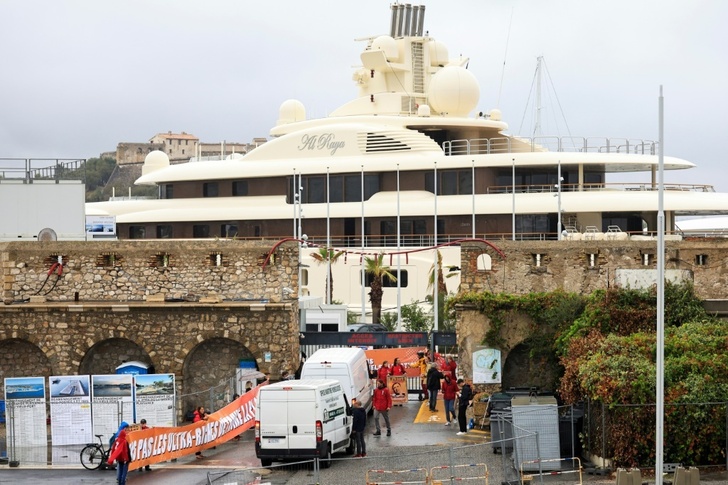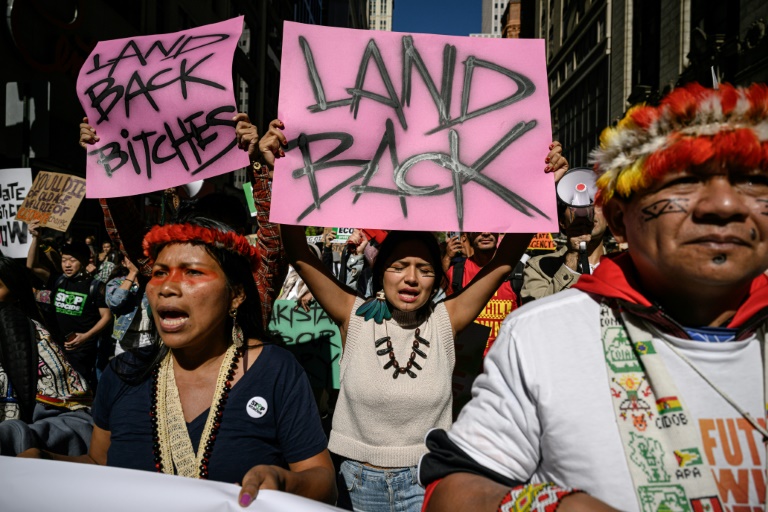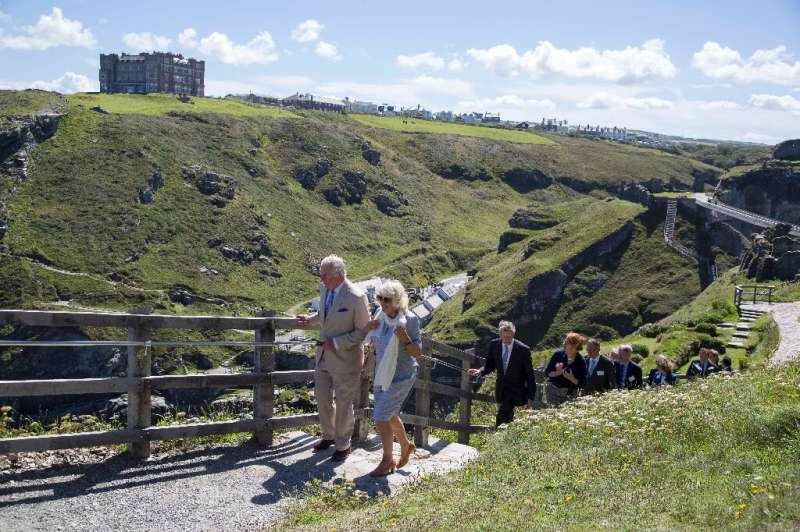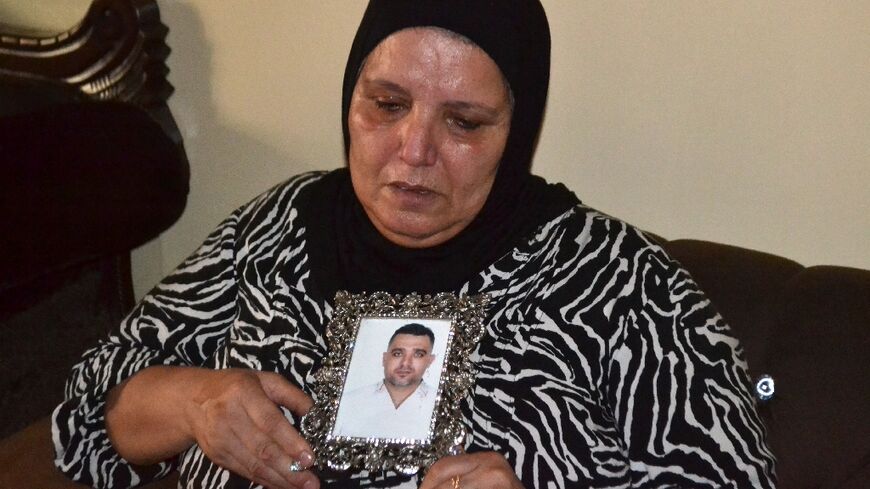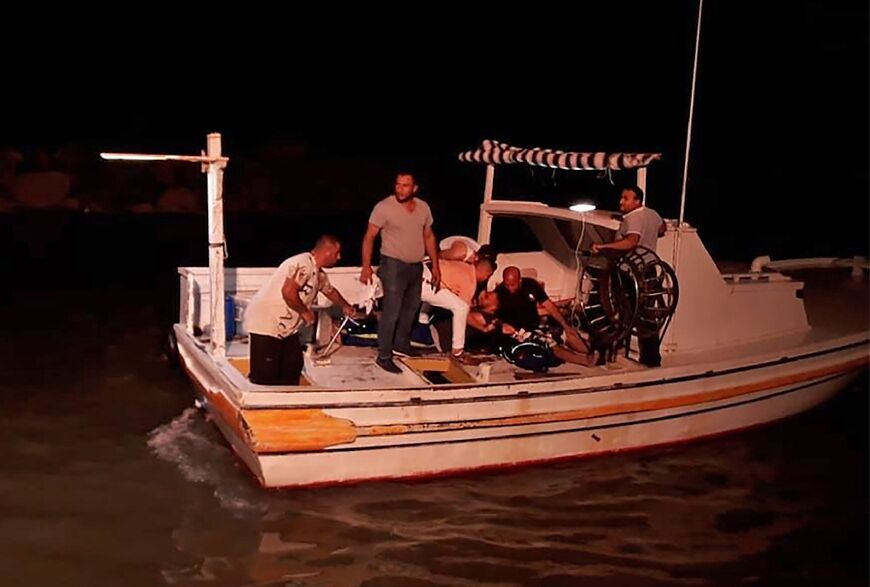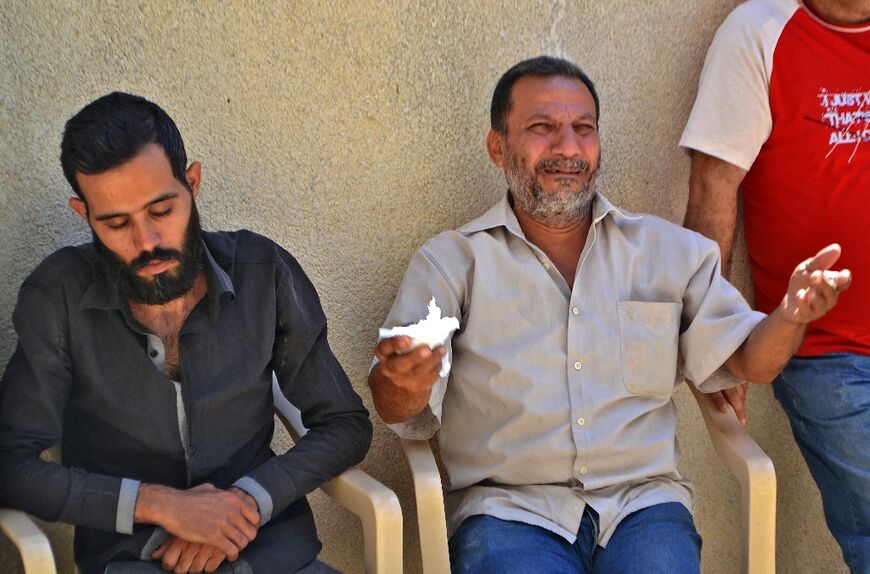Iraq’s Green Zone: seat of power, heart of protests
Baghdad – In the heart of Iraq’s capital lies Baghdad’s fortified Green Zone, which last month saw angry protesters storm its perimeter — the latest in nearly two decades of assaults on the seat of power.
Inside the heavily guarded compound, which spans 10 square kilometres (6.2 square miles), are the Iraqi parliament, the United States and British embassies, the prime minister’s official residence and military headquarters.
The defensive zone was created by US troops after the 2003 invasion to topple dictator Saddam Hussein — and since then it has been subjected to repeated turmoil.
Last month, nearly 24 hours of fighting erupted when loyalists to powerful Shiite cleric Moqtada Sadr breached the security barriers and occupied buildings after their leader said he would resign from politics.
“They wanted to tear down the walls,” said Major General Tahseen al-Khafaji, military spokesman for Iraq’s Joint Operations Command, recalling the August 29 violence.
The ensuing battles — the deadliest in nearly three years — followed months of disagreements between Sadr and rival Shiite factions, as the political deadlock has left the country without a new government, prime minister or president since elections in October last year.
Sadr loyalists clashed with soldiers and the Hashed al-Shaabi, former Iran-backed paramilitaries integrated into the regular army. More than 30 Sadr supporters were killed, and hundreds of people were injured.
But the military did their job, Khafaji insisted, describing how troops beat back protesters with water cannon.
“I think we have proved our professionalism,” he said. “Our response was a success.”
– ‘Really scared’ –
Control of the zone was handed over to Iraqi forces in 2009, providing a secure space for the seat of government, including when vast swathes of the country was occupied by the Islamic State group from 2014 to its eventual territorial defeat in 2017.
Military checkpoints surround the compound, and concrete blast walls — three-metre (nearly 10 feet) tall concrete blocks known as “T-walls” — defend the official buildings.
A special badge, awarded only after a thorough background check, is required to go inside the perimeter.
But when the Sadrists stormed the Green Zone in August, they had no issue overcoming over the perimeter.
They even toppled some of the blast walls using ropes pulled by pick-up trucks.
Two workers at one of the Green Zone’s embassies, who asked not to be named, remember the events of August 29.
It was 24 hours of “Boom! Boom!” one of the embassy employees told AFP, adding that they spent much of the time hiding under a bed.
“The battles were two kilometres away, but we were really scared,” the worker said. “And it wasn’t the first time.”
The Green Zone today is a collection of isolated plots linked by large avenues.
Some of them are decorated with portraits of Iranian general Qasem Soleimani, the Revolutionary Guards commander killed in a 2020 US strike in Iraq.
It has become a regular target for protesters.
Followers of the populist Sadr had already breached the Green Zone twice before that, occupying parliament in late July and staging a month-long sit-in.
– ‘Democracy isn’t ready-made’ –
Sadr’s bloc emerged from elections last October as the biggest in the legislature, with 73 seats, but far short of a majority.
Since then, the country has been mired in political deadlock that has left Iraq without a new government, president or prime minister.
Following the violence in late August, Iraq’s top executive powers and major parties agreed to work towards holding early elections in a bid to chart an exit from an 11-month-long political paralysis, but the meeting was boycotted by Sadr.
Abu Turab Shams Ali, 54, president of a resident association who lives in the zone, says there will be no quick fix.
“Democracy comes from the people, from the education they receive,” he said. “It takes time. Democracy isn’t ready-made.”
Many diplomatic missions have opted for locations outside of the Green Zone, including the French, German and Spanish mission.
One Western diplomat, who asked not to be named, said it was a simple equation.
“We’re not in the Green Zone, therefore we’re not as protected,” he said. “But we’re also targeted less.”


